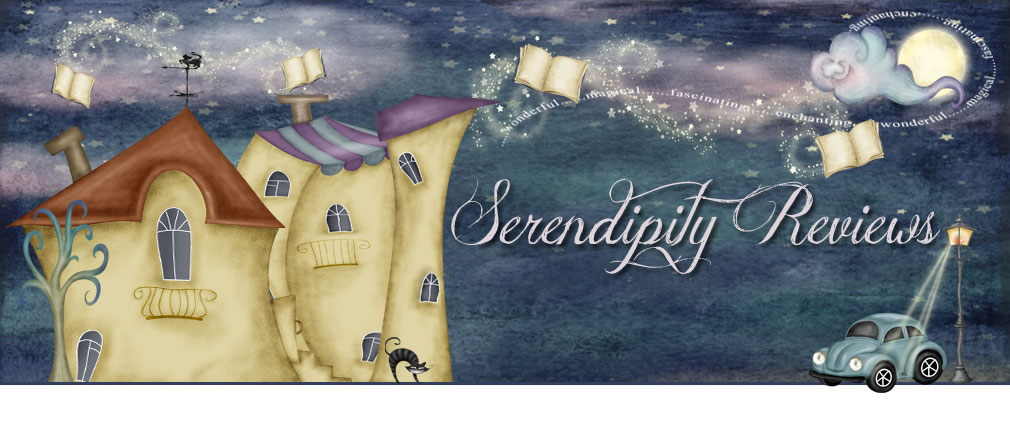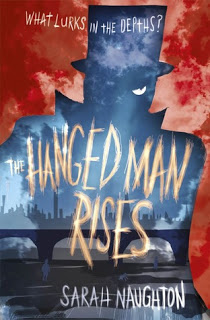To mark the publication of The Blood List last week, I am pleased to welcome, author Sarah Naughton on to the blog to tell us seven secrets.
1. I can’t be trusted.
Many of my characters are based on people I know or have known - Titus from the Hanged Man Rises is my granddad as a child, Barnaby was inspired by the son of my oldest friend. I guess this isn’t a big secret when it comes to authors, but I’ve generally got a very clear physical image of the person I’m writing about in my head. While writing a scene I often ask myself what this certain friend would do or say if confronted with the situation I’m depicting. I hope (and pray) that their characteristics have been exaggerated so much as to be unrecognisable, but if you find me staring at you at a party just walk away, very quickly…
2. I’m a moralist.
At the end of The Blood List a very strong moral judgment is laid on Frances, and it might seem unfair. There are some archetypal fools in the book: Henry, Abel, Flora, and at the end we don’t really care what happens to them: they’re not worth worrying about. But Frances gets a very harsh deal. After all, she did try and save her first child, and she did try to love his replacement. Basically Frances made a fatal mistake before the book ever began - she married a shallow, cowardly fool - and the story is a long working out of her punishment.
3. I’m a fatalist
Juliet did absolutely nothing to deserve her fate, apart from be loving, kind, hard-working and honourable. It was just the arbitrary harshness of the world (or, in this case, me). Because the truth of it is, however much we think our futures are made by our own efforts (hard work, determination etc) it’s mostly sheer blind luck: being born in a century and location where we are likely to survive our infancies, be educated, and not end up broken by relentless manual labour.
4. Women like Naomi probably didn’t exist
Frances loses all her financial power and independence when she marries Henry and, though she is the rich and clever one, she becomes his possession. In the seventeenth century women were regarded as physically, intellectually, morally and spiritually inferior to men. Obedience, submissiveness and silence were considered the highest womanly virtues and your husband was legally allowed to beat you to ‘correct’ your conduct. If Naomi hadn’t had all her feistiness thrashed out of her as a child, she would very likely have been put in a scold’s bridle for her controversial opinions, ducked on the stool or, as she is in the book, framed as a witch. Bitter experience would soon teach such bold women to keep their heads down.
5. I’m not as unsuperstitious as I pretend to be.
I take home hag stones (holed pebbles) from the beach for their magical powers.
I always salute magpies, with particular deference when there’s only one (for sorrow).
When I have to do something daunting I wear the bracelets my children made me, for protection.
I always touch wood.
I profess not to believe in the devil, but The Exorcist almost gave me post-traumatic stress disorder.
I don’t trust cats.
6. I steal my writing tips.
When it comes to advice about writing, it’s pretty much all been covered now, so I just regurgitate all the best bits from the greats. Listen to this one from Stephen King. “For me, writing is like walking through a desert and all at once, poking up through the hardpan, I see the top of a chimney. I know there’s a house under there, and I’m pretty sure that I can dig it up if I want.” That’s exactly how it goes. When I get asked in schools talks How did you come up with the idea? I usually make something about being inspired by a news story or a place I visited, and sometimes that is the case, but mostly you’re walking along in the desert and your foot catches…
7. This is my favourite.
It seemed to take me many decades to get published, and in that period I’ve written quite a number of books which now reside in my bottom drawer, waiting for their turn. There’s only one I like even remotely as much as The Blood List. It seemed to grow almost independently of me and the characters, as the cliché goes, pretty much wrote themselves. My editor at Simon and Schuster barely touched it. It’s hard to get historical fiction made into films because of cost of sets and costumes etc, but I can see the story playing in my head and could cast the characters for you right now. Hope you’re listening, Mr Spielberg.
Sarah’s first book, 'The Hanged Man Rises' (Simon and Schuster 2013) was shortlisted for the Costa Children's Award, the Sussex ABAs and was number 14 in the Telegraph's 100 best Books for Christmas, and the second, a teen thriller set during the witch trials of the seventeenth century, comes out on 27th February.
To find out more about Sarah Naughton:
Twitter / Website



